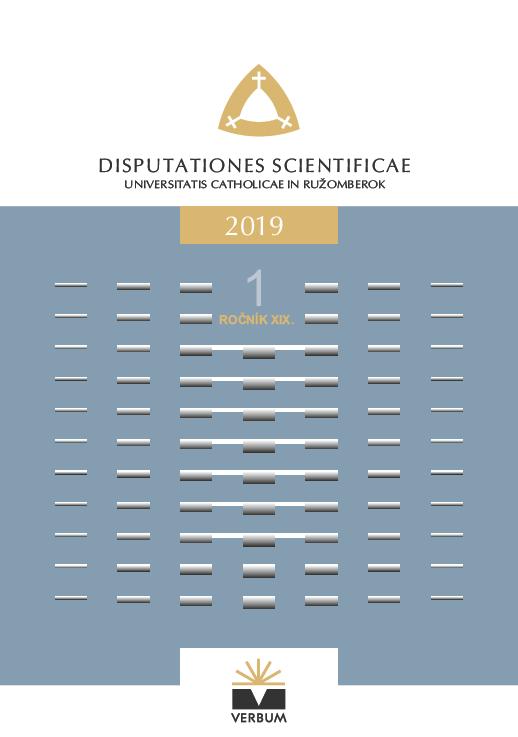Človek a zviera v kontexte etiky úcty k životu
Man and Animal in the Context of Deference to Life Ethics
Author(s): Štefan ŠrobárSubject(s): Philosophy, Ethics / Practical Philosophy
Published by: VERBUM - vydavateľstvo Katolíckej univerzity v Ružomberku
Keywords: Nature; Animals; Ethics; Benefit; Interest;
Summary/Abstract: Connection of moral life with new ecological thinking leads to deep change of society. At the beginnings of human society development, when biological factors prevailed over the social, regulation mechanisms had to be created, that would soften the conflicts between man and nature, and led to more economic use of natural resources. According to ancient inhabitants of West Siberia – Selkups, man and nature are closely connected. The relative economic balance existed among Indians of North America and the environment. Bible not only protects man, but it also asks for love and justice towards animals. The main non-anthropocentric principle is the requirement of moral regards for outside of human world because of the creatures or entities themselves. Either because they have own value or they have interests that are morally relevant. The good means to preserve and support life; the bad means to destroy life and prevent its development. Benefit can be used as another independent criterion of moral regards. Ecological ethics is challenge for us to extend borders of ethics and to stop thoughtlessly treating the outside of human world as material. Wild nature is the country or ecosystem, which was minimally disturbed by human activity, in particular destructive technologies of modern society. For people to get mature they inevitably need unspoiled nature, places of freedom. Therefore whether it is self realisation or biocentric equality, it is very important to protect unspoilt nature and personal regeneration of individual via direct experiences in wild nature.
Journal: Disputationes Scientificae Universitatis Catholicae in Ružomberok
- Issue Year: XIX/2019
- Issue No: 1
- Page Range: 119-132
- Page Count: 14
- Language: Slovak

